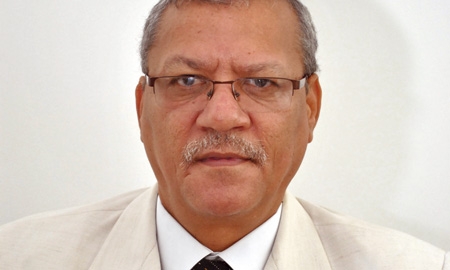Like most developing countries with an aggressive development agenda, Angola has reiterated its intention to improve its education system, starting with increased literacy rates among children (already it stands at 70%, compared with just 20% 40 years ago) and more classrooms, all the way through higher education to strengthen the managerial and organisational capacities of Angolan businesses.
The Ministry of Education recently announced a goal to build 3,000 new classrooms and 12 new secondary schools this year alone, as well as continuing its investment in teacher training. The dos Santos administration’s National Plan for Teacher Training 2013-2020 “aims to fill the gaps that Angola has in terms of human resources,” explains José Ribeiro, General Manager of the
National School of Administration (
ENAD). “The project is to establish a balance between what we have available in Angola and what we can bring from outside with partnerships, to qualify people in other countries. However, the main goal is that our students will get a Masters degree without leaving Angola.”
ENAD is an integral piece in the government’s plan, and is focusing on qualifying more than 51,000 public employees over the course of the project. Considering the school is just five years old and the fact that current enrolment stands at just over 2,100, 51,000 is a rather daunting figure.
“The main goal is that our students get a Masters
in Angola”
José Ribeiro
GM of ENAD |
ENAD is the only state-owned school of its kind in Angola, offering high-level administrative courses, including MBAs. Among its graduates there are various ministers, deputy ministers, company directors and departmental head.
To maintain a high standard of courses, ENAD draws on foreign expertise through partnerships with other institutions of similar ilk. “We are open to the whole world, mainly with schools that work like ENAD around the world. We have a lack in this area and we need to learn with other countries and institutions.
“We have a centre for studies and research that also needs to exchange knowledge and needs financial aid to carry out research and investigations, so we want many partnerships,” explains the General Manager.
Mr Ribeiro’s call for academic support echoes Angola’s petition to the world for greater collaboration.
“We are not asking for humanitarian aid any more,” he states. “We are asking for partners to leave under-development behind and to transform Angola into a country worth living in.”

0 COMMENTS